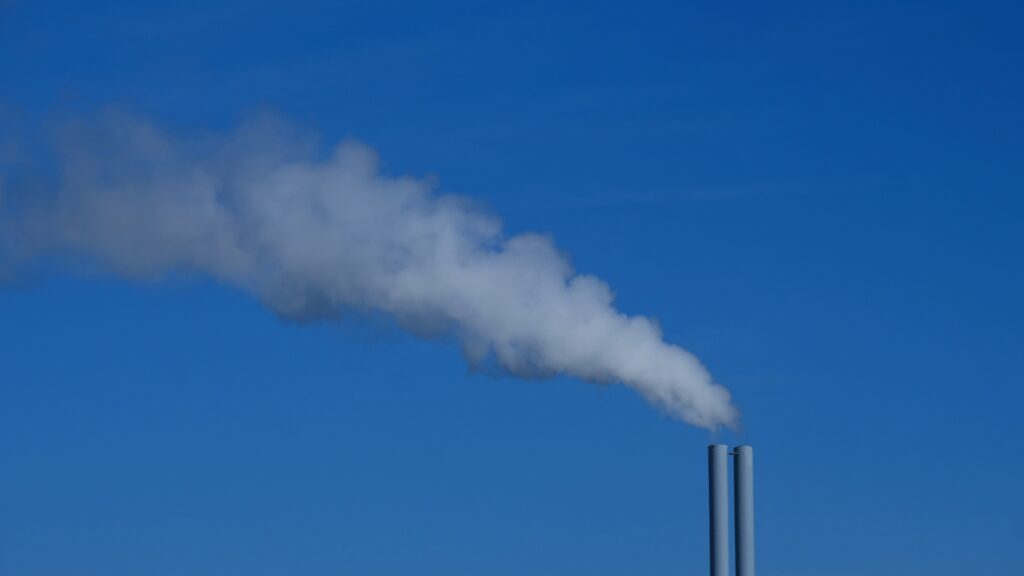The Hill has a report about an executive order President Trump signed last week. The order allows federal agencies to not go through environmental review of major projects. It would allow roads, pipelines, and oil and gas projects to go ahead, without environmental review or community input. The purported reason for the executive order is to boost the economy in the wake of the COVID-19 downturn.
The order does not pay any attention to the health effects on the communities in which the major projects are built. Studies show many polluting industries are purposefully located near communities of color, causing disproportionate harm to their health.
Experts warn that this executive order will disproportionately harm communities near the projects, and that because of our past history of environmental racism, this will add even more burden to communities that already have too much exposure.
Dr. Mustafa Santiago Ali, Vice President of Environmental Justice, Climate, and Community Revitalization at the National Wildlife Federation, noted that without doing an environmental analysis, we will have no idea what the impacts are and no idea how to mitigate the impacts. He said it shows no respect for the lives of people in communities that are already overburdened with environmental expsoures.
David Hayes, executive director of the State Energy and Environmental Impact Center at New York University’s School of Law, said the environmental impact process allows communities to have a voice and a chance to object before federal projects are approved, and that this executive order takes away their voice. He comments that in the midst of a respiratory epidemic, this order takes away people’s ability to say they’re concerned about projects that affect their respiratory health. He also said this order doesn’t use anti-terrorism as its legal basis, as have other recent executive orders about the border wall. This makes several critics think this order is illegal, and it is sure to have legal challenges.





